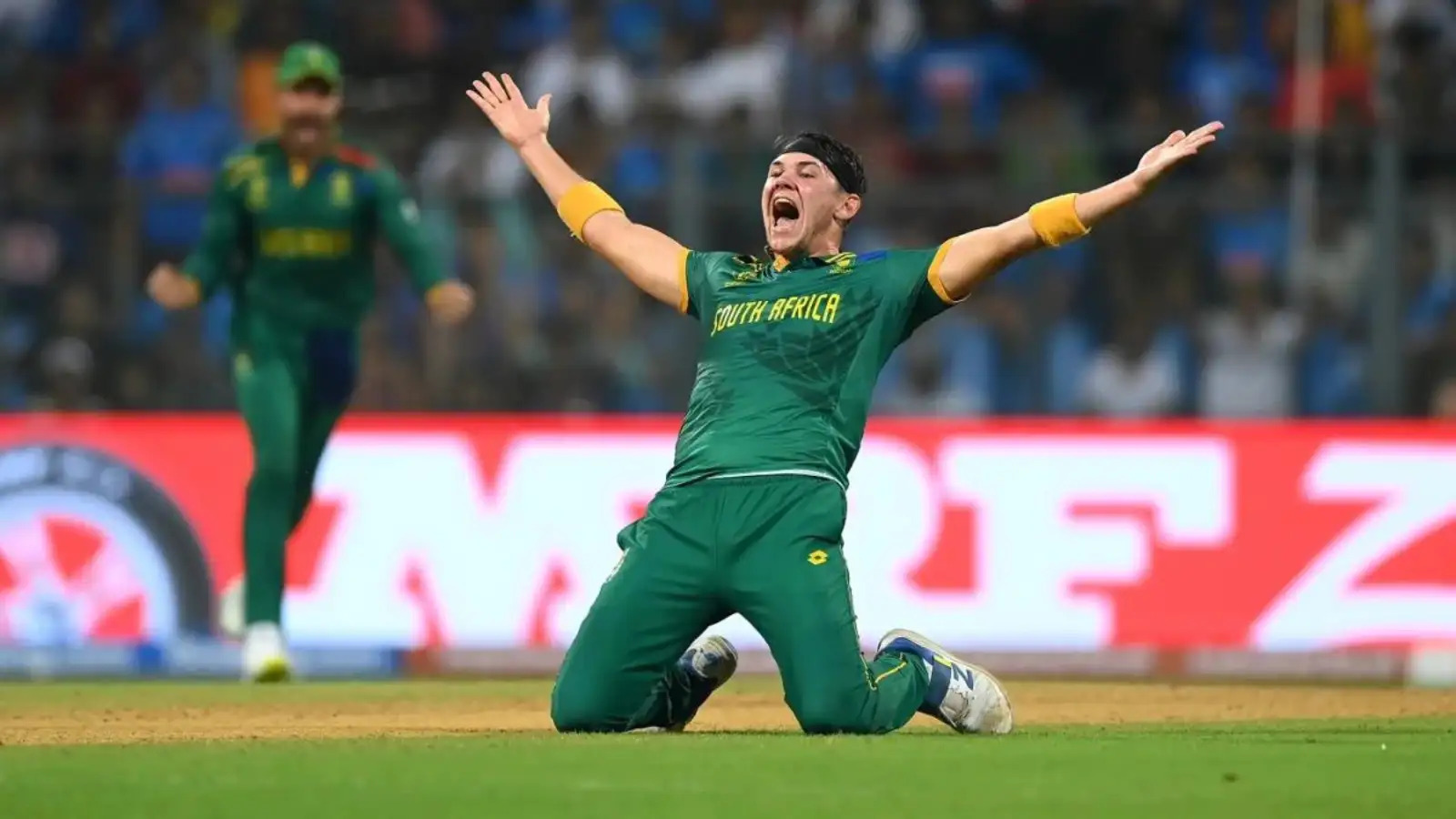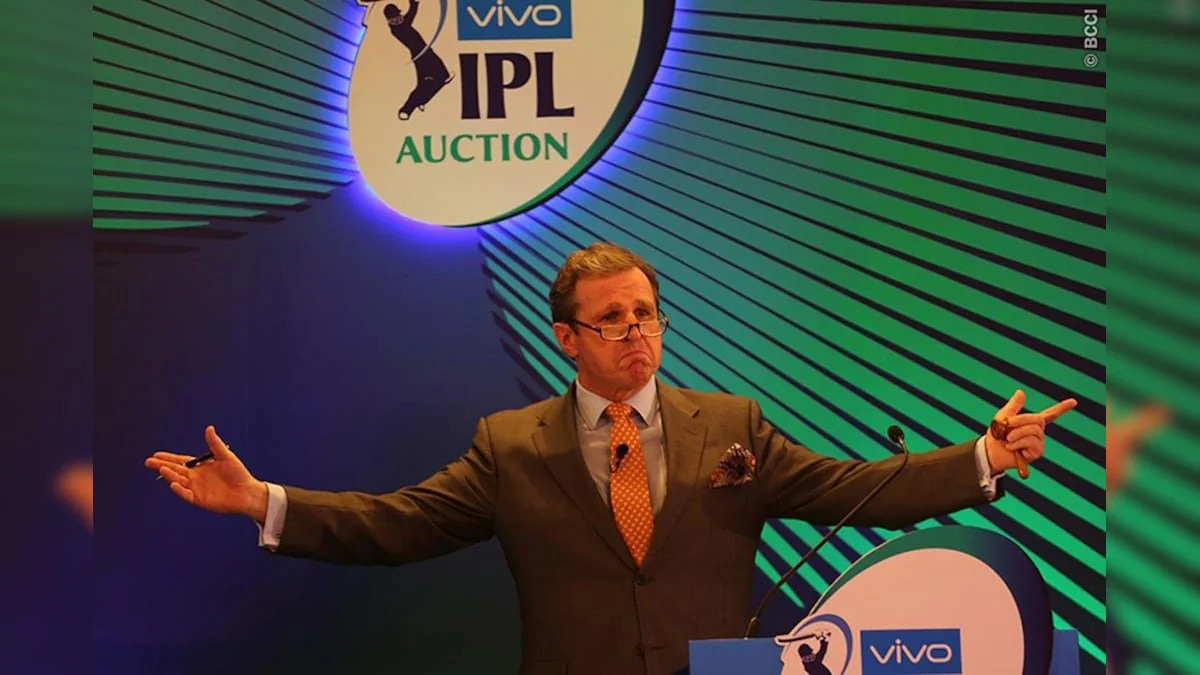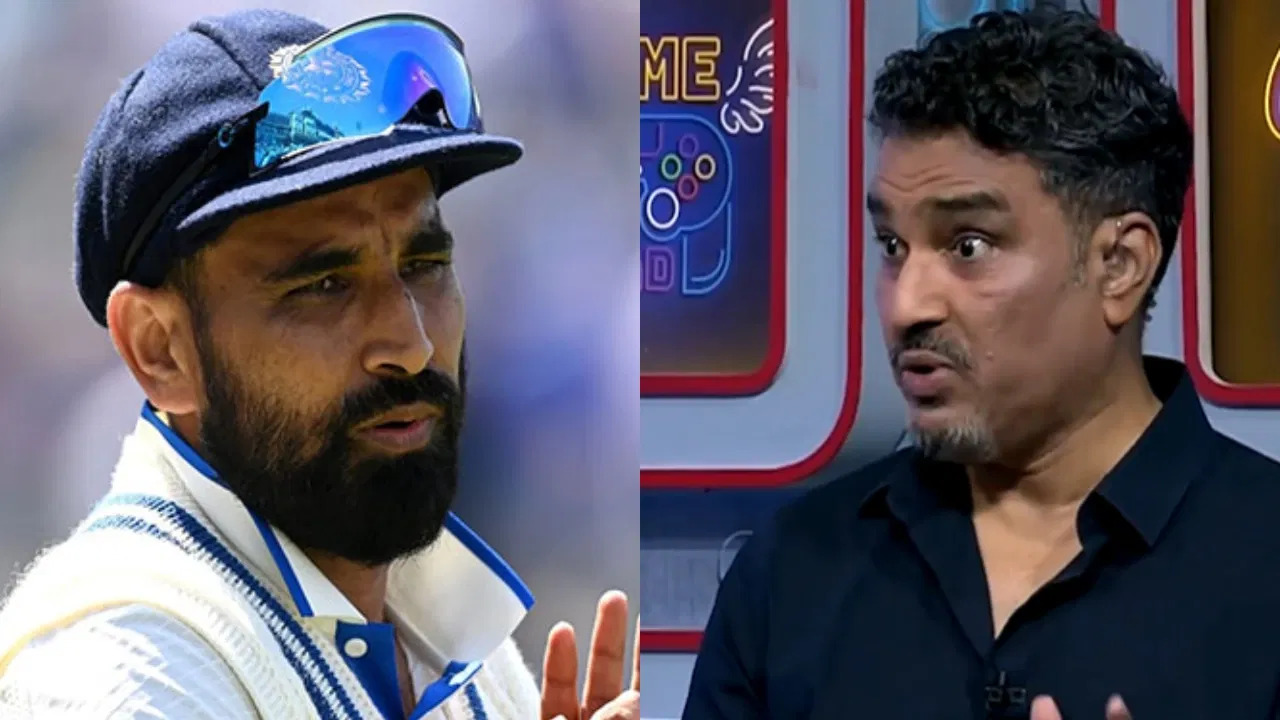In their matches over the weekend, South Africa bowler Gerald Coetzee, Oman spinner Sufyan Mehmood, and Netherlands skipper Scott Edwards were all found guilty of violating the ICC Code of Conduct.
Two articles of the ICC Code of Conduct for Players and Player Support Personnel were determined to have been broken by Edwards. Article 2.2 deals with “abuse of cricket equipment or clothing, ground equipment or fixtures and fittings during an International Match,” while Article 2.8 deals with “showing dissent at an umpire’s decision during an International Match.”
His ejection at the third Twenty20 International between Oman and the Netherlands was followed by both violations. When Edwards was given out LBW, the first incident happened when he showed the umpire his bat. On his way back to his team’s dressing room, he threw his bat and gloves onto the pitch, which was the second incident. As a result of the cumulative sanctions, the captain’s disciplinary record now includes two demerit points, one for each offence, and a 10% fine of his match fee.
Mehmood was found to have violated Article 2.5 of the ICC Code of Conduct for Players and Player Support Personnel, which deals with “using language, actions or gestures which disparage or which could provoke an aggressive reaction from a batter upon his/her dismissal during an International Match.” As a result, he was fined 10% of his match fee and had one demerit point added to his disciplinary record.
When Teja Nidamanuru was removed by bowler Mehmood, he was given a farewell gesture by pointing him back towards his team’s dressing room.
There was no need for a formal hearing because Edwards and Mehmood both acknowledged their individual transgressions and agreed to the penalties suggested by Neeyamur Rashid Rahul of the ICC International Panel of Match Referees. The accusations were made by third umpire Vinod Babu, Rahul Asher, and on-field umpire Harikrishna Pillai.
Gerald Coetzee was found guilty of violating Article 2.8 of the ICC Code of Conduct for Players and Player Support Personnel,
which deals with “showing dissent at an umpire’s decision during an international match,” during the fourth Twenty20 International between South Africa and India.
The incident happened after Coetzee said something obscene to the umpire after one of his deliveries resulted in a “wide.”
Coetzee’s disciplinary record was reprimanded and given one demerit point. There was no need for a formal hearing because he acknowledged the offence and agreed to the punishment suggested by Andy Pycroft of the Emirates ICC Elite Panel of Match Referees.
The accusation was made by third umpire Lubabalo Gcuma, fourth umpire Arno Jacobs, and on-field umpires Stephen Harris and Allahudien Paleker. Level 1 infractions are punishable by one or two demerit points, a minimum of an official reprimand, and a maximum of 50% of the player’s match fee.
*A player is banned and their demerit points are converted to suspension points after accruing four or more in a 24-month period.
**A ban from one Test match, two ODIs, or two T20Is, whichever comes first for the player, is equivalent to two suspension points.
Also Read: Due to a groin injury, Lungi Ngidi will not be participating in the Sri Lanka series or Pakistan tour
***Demerit points will be deleted after being on a player’s or player support personnel’s disciplinary record for twenty-four (24) months after they are imposed.














 Win Projections to be updated soon
Win Projections to be updated soon
















